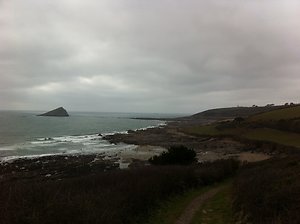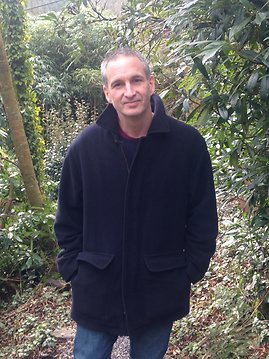What is anxiety?
I am feeling anxiety right now. What will people think about what I am writing? Is it good enough? Should I put it on my website? Will people judge me well or badly? These are the thought processes that many of us have to face and navigate our way through during our lives.
Anxiety is one of the most common issues that people bring to me as a counsellor. Everyone experiences fear to a lesser or greater extent – it helps us sense danger and take action to protect ourselves.
Anxiety is different. It can come or go, or it can be a constant feeling of worry about things that have not yet happened. In extremes, it can be all consuming.
Click here to contact me.
What does your anxiety feel like?
Some people describe it as feeling worried, confused, or foggy-headed. Others say having a head like a washing machine, going round and round thinking about the same things and not being able to stop it. Anxiety can feel as if everything is spiralling out of control.
Where do you feel your anxiety?
Many people talk about physical sensations, like a tight chest or nausea, a lump in the throat or a knot in the stomach, or an overall shakiness. Some people, when in a state of panic, experience a complete physical and mental shutdown. These are our physical senses telling us that our minds are troubled or traumatised. Some say that this is our ‘enteric brain’ at work.
This video describes some of the common symptoms of anxiety.
What are the common causes of anxiety?
Anxiety is often caused by difficult current life situations, such as money worries or relationship problems, physical and/or mental health issues, or misuse of alcohol, illicit drugs or prescribed medications.
It can also be caused by childhood experiences or experiences from our past, such as bullying or abuse, or by social, cultural and religious pressures.
This article by mind.org explains some causes of anxiety.
Why are young people increasingly affected by anxiety?
I have seen an increase in the number of young people seeking help due to the pressure they feel under from outside influences, particularly the internet. The power of online marketing and social media is bombarding with messages telling us how to behave and how to look, and pressurising us to be and act in a certain way.
This can affect how we feel about ourselves if we don’t think that we are living up to other people’s expectations. Are we putting on the right image for the outside world? Will people judge us well or badly? Because of this, our self-image becomes more important, and our ‘ideal-self’ (ref. Carl Rogers 1902-1987) gets left behind. If this situation continues, we will constantly seek approval from outside and may lose our own sense of value. This can then lead to low self-worth because we have relied too heavily on outside influences to make us feel good about ourselves.
Persistent long-term anxiety can lead to depression, alcohol/drug abuse and other addictions.
What can make anxiety worse?
Some habits that can make anxiety worse are: trying to do other people’s thinking for them, worrying about something that hasn’t happened, a lack of confidence, always expecting the worst, memories of difficult events or traumas, worrying about you should do or must do, and having an over-simplified view of what’s right or wrong ie ‘seeing the world in black or white’.
This article has more information about habits that can increase anxiety.
How can counselling help?
Talking about your anxiety with a counsellor can help you understand your anxiety and gain some power over it. I have learned a lot about anxiety by working with many different people in my own private practice, as well as through my own personal experience. Working with me can help you develop ways to strengthen your own self-belief and self-worth.
My aim would be to bring about changes in the way you think about and deal with life on a day to day basis. We would explore what action you may need to take to improve your outlook and the way that you feel. I will also encourage you to get in touch with your physical feelings and to understand what they are telling you.
I would encourage healthy eating and, if you feel it would be helpful, meditation (see below) and different ways of relaxation. Mindfulness and spirituality can also help some people.
Together we will work at helping you to value yourself more and to become closer to your ‘ideal-self’. Doing this will help you to work towards becoming the person you want to be, rather than being the person that you think others want you to be. I can help you to feel stronger in yourself and more comfortable in today’s demanding world.
What about PTSD, GAD, OCD, Social Anxiety?
As a Person Centred Counsellor, I do not diagnose ‘disorders’ as they are sometimes called. I do however recognise the differences in these different types of anxiety, the different triggers and what causes them. I work with all types of anxiety and as with anxiety itself, no one type fits all. Each person I see has their own experience and is treated as an individual on their personal path of and recovery.
Click here to contact me.
Meditation
Here is an article about how meditation might help,
I have tried these meditation apps and found them useful.
Calm, Headspace and Insight timer.
Headspace and Calm give a free trial period. Insight Timer has different levels of subscription including a free subscription with over 20,000 meditations on it.




